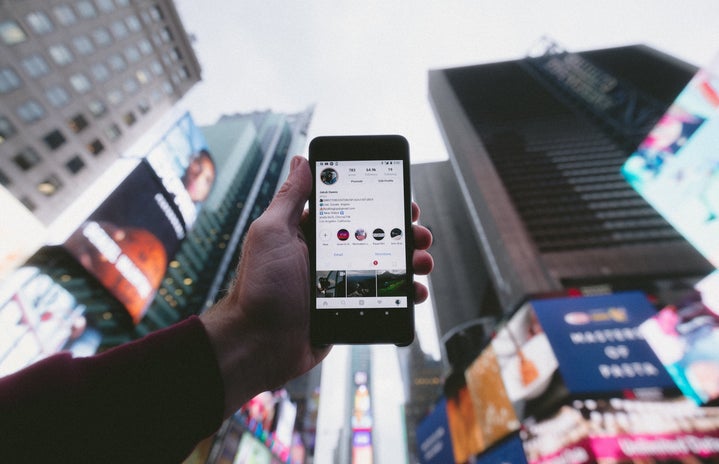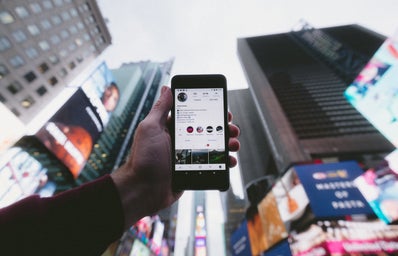In case you didn’t know, the Library of Congress has been archiving every single public post on Twitter since the social media site gave it access to its public tweets in 2010, which, if you think about it, is kind of awesome. What better way to help future historians capture our time than with your live tweets about Game of Thrones? However, the New York Times reports that starting Jan. 1, 2018, the Library will scale back on its collection of these kind of messages. Instead of gathering together any and all public tweets, the organization will instead archive tweets related to “themes or events of consequences,” as the Times says.
The Library of Congress website posted a blog explaining the decision, writing, “In the years since [2010], the social media landscape has changed significantly, with new platforms, an explosion in use, terms of service and functionality shifting frequently and lessons learned about privacy and other concerns.”
Tweets have become too large and too numerous, so @librarycongress will
only selectively archive tweets of historic value instead of every public tweet. https://t.co/JY9SJK7ElY— Smithsonian Magazine (@SmithsonianMag) December 28, 2017
“The Library will acquire tweets on a selective basis—similar to our collections of web sites,” the blog read. “The Library regularly reviews its collections practices to account for environmental shifts, diversity of collections and topics, cost effectiveness, use of collections and other factors. This change results from such a review.”
The institution will still keep its record of past tweets and work with Twitter to gather the messages it finds relevant at the time of a significant event. Other reasons for changing the policy include the fact that the Library has only collected tweets’ text despite Twitter increasingly including more visual messages. The organization has also done its job in capturing Twitter’s beginning and rise to popularity. At this point, especially because Twitter now allows 280 characters instead of 140, the Library also faces the technical difficulties of collecting such a large amount of data.
Essentially, this means that your tweets about your lunch probably won’t make it past the Library of Congress’s new archive guidelines. Nonetheless, I’m sure future generations will be fascinated by the records of people figuring out Twitter for the first time.

